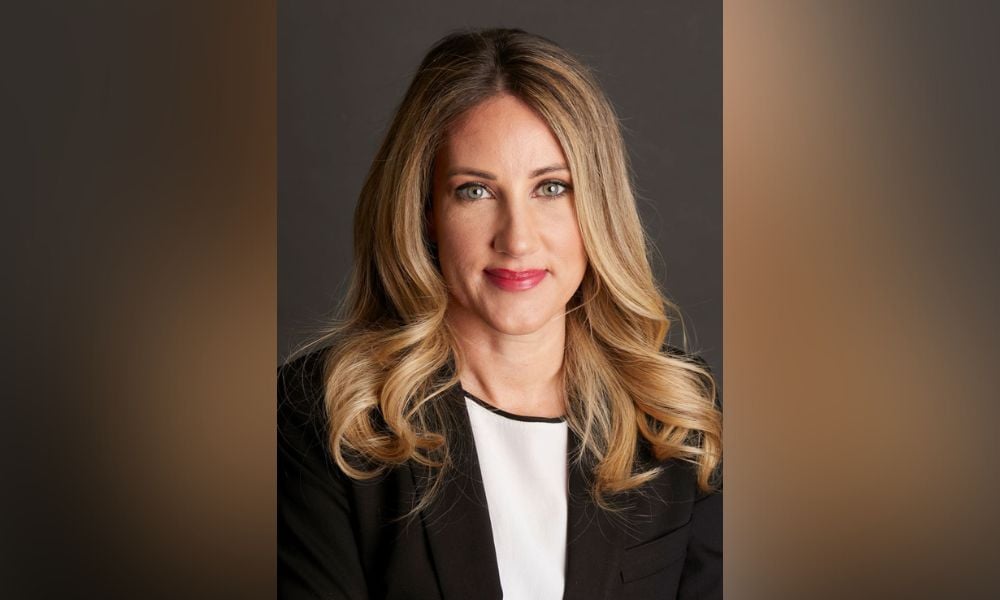Despite perceived disadvantages in quality of life and putting others first, women are getting ahead in other ways

While women may be on the financial back foot in many ways compared to men, that doesn’t mean they’re financially helpless.
In 2028, women are projected to control close to $4T in assets; that's a large increase from today's $2.2T.
According to research from Edward Jones Canada, women retirees are less likely than men to describe their overall quality of life as very good or excellent (36% of women, vs. 40% of men). They are also more likely to act as a caregiver later in life (21% women vs. 11% men).
“Despite the lower scores on quality of life and higher likelihood of being a caregiver, Canadian women are more likely to make smarter economic choices or course corrections – that includes things like reducing everyday expenses and adopting a more frugal lifestyle,” notes Julie Petrera, senior strategist, client needs (pictured above). “That means that they can and will adapt and do what it takes to become or remain financially secure.”
Petrera's insights are central to leadership at Edward Jones Canada. That is why the firm is a key sponsor at the upcoming 6th Annual Women in Wealth Management Summit in Toronto. Edward Jones has organized a panel discussion entitled “Financial resilience in a woman’s world – reframing your financial mindset.”
Petrera emphasizes that women tend to rank freedom and security highly on the list of values they prioritize. Notably, they’re also likely to rate themselves highly – with scores of between 8 and 10 on a 10-point scale – for resilience and purposefulness.
“I think women are resilient because in many cases they have to be,” she says. “With respect to purposefulness, that goes hand-in-hand with their economic decisions.”
“Women tend to make decisions differently, and the data tells us that women tend to be intentional about their financial decisions. They know why they're spending and why they’re saving,” Petrera explains.
“They're often not just saving to have a higher dollar figure banked away, but to solve a problem. They want to achieve a goal – whether it’s for themselves or their families – or to feel secure or financially free.”
Pointing to Edward Jones’ Age Wave study, Petrera notes that women are four times more likely to be widowed in retirement. In other words, women are likely to become the sole financial decision-maker of a household at some point – and advisors would do well to treat them as such.
“Seek to understand what is important to them and what they value. It's not a one-size-fits-all,” Petrera advises. “I think there's still an opportunity for the industry to fully embrace this and deliver on it.”
The 2023 Women in Wealth Management Summit takes place December 5 at the Carlu in Toronto.
The summit, titled “Strategies to empower women in wealth – no woman left behind,” has been approved for 3.25 CE credits by the Institute for Advanced Financial Education and FP Canada.
To learn more about the event and register, click here.



